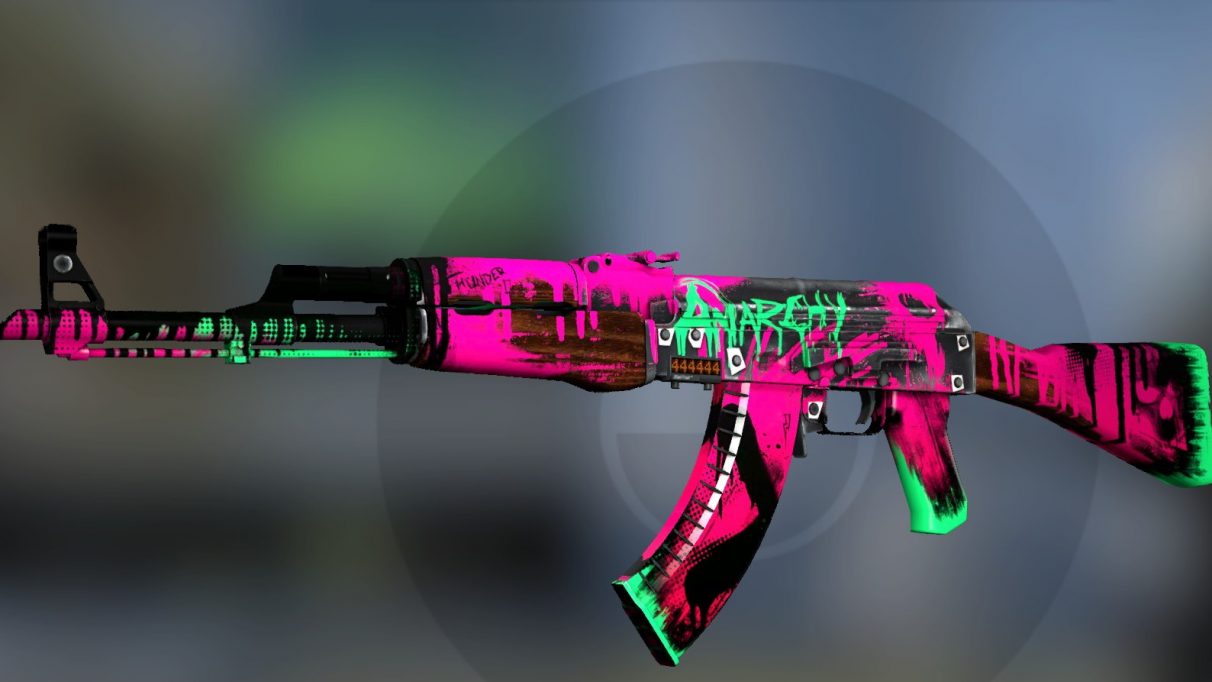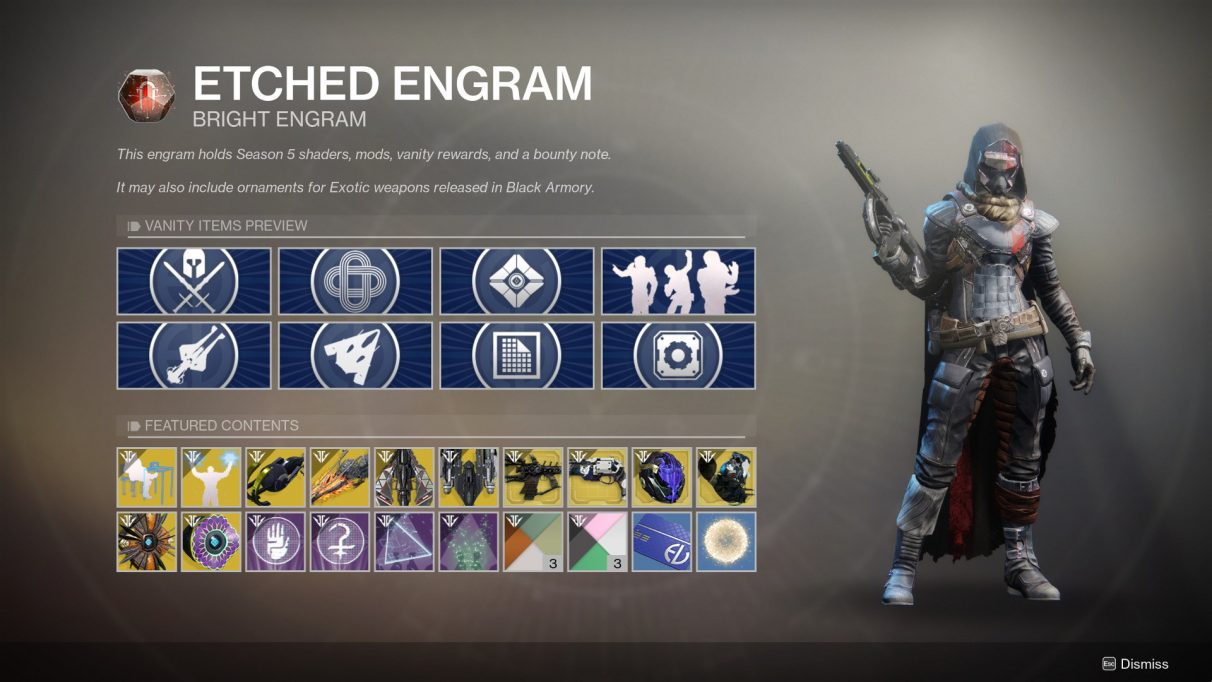
Several authorities our bodies all over the world are persevering with to eye loot containers with suspicion, with yesterday alone bringing information that the USA’s Federal Trade Commission is investigating them and an Australian Senate committee has concluded that the federal government ought to take a more in-depth look. No, neither of these steps is near sparking precise industry-wide adjustments to exploitative loot containers, nevertheless it’s doubtlessly laying groundwork for laws to construct upon. Or they’ll resolve all’s superb. The unsure promise of the longer term…!
The American information is brief and candy. During a Senate Commerce subcommittee, quizzing the FTC chair about many points, Senator Maggie Hassan raised loot containers and gave a fast abstract of considerations about potential hurt to kids and hyperlinks to playing, in addition to different nations’ responses.
“Given the seriousness of this issue, I think it is in fact time for the FTC to investigate these mechanisms, to ensure that children are being adequately protected, and to educate parents about potential addiction or other negative impacts of these games,” she stated. “Would you commit to undertaking this project and keeping this committee informed about it?”
FTC chair Joseph Simons replied merely “Yes”, as did the opposite commissioners sitting with him. So there’s that. You can watch her query on C-Span if you’d like.
Loot containers are certainly one of Hassan’s pet causes. Earlier this 12 months, she requested the North American games {industry}’s self-regulation physique, the Entertainment Software Rating Board, to evaluate their coverage on loot containers. The ESRB’s reaction was to slap a scores observe on bodily game containers warning of “In-Game Purchases” the place acceptable. Which is broad, obscure, toothless, and pointless.
The {industry} managed to keep away from authorities crackdowns through the 90s video games ethical panic by establishing the ESRB, however they could have undershot this one.
Over in Australia, the committee formed to investigate loot boxes on the behest of the Senate have completed exploring the difficulty and printed their report. They consulted quite a few pro- and anti- sources and views, from the games {industry} to media watchdogs.
Their stance appeared to broadly be that loot containers aren’t legally considered playing as a result of they don’t give gadgets seen as having financial worth, although that will get murkier with games the place gadgets could be offered–yer Counter-Strike: Global Offensives and Dotas–and murkier but when these are used for pores and skin playing. It additionally offered a number of opinions that loot field gadgets can nonetheless have worth whether or not they’re value cash or not, as a result of they’re valued by gamers and rarer gadgets could be extra highly effective or extra fascinating.
Their conclusion summed up how tough all that is for governments:
“The committee is aware that loot boxes are not a homogenous entity and that any policy or regulatory response, including the classification of games, should take account of this. The committee is also aware that research into the psychological impact of loot boxes on players is still in its infancy and it would be inappropriate to draw inferences from existing research. Until further research is complete, developing an evidence-based regulatory approach to mitigate against any harm which may arise from interaction with loot boxes is challenging. Nevertheless, with regards to loot boxes, the roles and responsibilities of Australian Government regulators may benefit from clarification and greater coordination to guard against any gaps in coverage.”
So they really helpful that the Australian authorities conduct a proper evaluate which might “address concerns around regulator roles and responsibilities, legal definitions, classifications and consumer protection.” That’s solely their suggestion. Whether that may go forward, and whether or not it will then lead to adjustments, we don’t know.
You can read the full report online.
While most nations stay detached to–or unaware of–loot containers, many are taking curiosity and a few have taken concrete motion.
Belgium specifically have taken a tough line in opposition to exploitative loot field practises, with blended outcomes. Games together with Overwatch and Counter-Strike: Global Offensive have disabled loot containers for Belgian gamers whereas leaving them in for the remainder of us. The different widespread answer sucks extra for gamers than loot containers, as illustrated final week by Square Enix removed three mobile games from Belgian app stores resulting from “the present uncertain legal status of ‘loot boxes’ under Belgian law”. Belgium simply isn’t vital sufficient to rethink game design and monetisation.
For exploitative loot containers to go, legal guidelines want to vary in bigger markets that publishers gained’t simply abandon. China do regulate loot containers, together with making publishers disclose odds, however appear broadly okay with them. Belgium would wish the remainder of the EU to chip in to make a mark. The USA may very well be sufficiently big.
I wouldn’t belief The Man to assist us, thoughts. The Man approves of many horrible issues that make our lives worse, significantly if they assist massive companies. The Man doesn’t care if loot containers make video games worse with awful development methods or by promoting benefits. The Man’s concern is that loot containers are authorized and, if needed, appropriately regulated and stored out the fingers of kiddywinkles. Though concern about kids’s ethical wellbeing has usually been an impetus for change (their bodily and emotional well being, sadly much less so) so the angle would possibly work in our favour.




